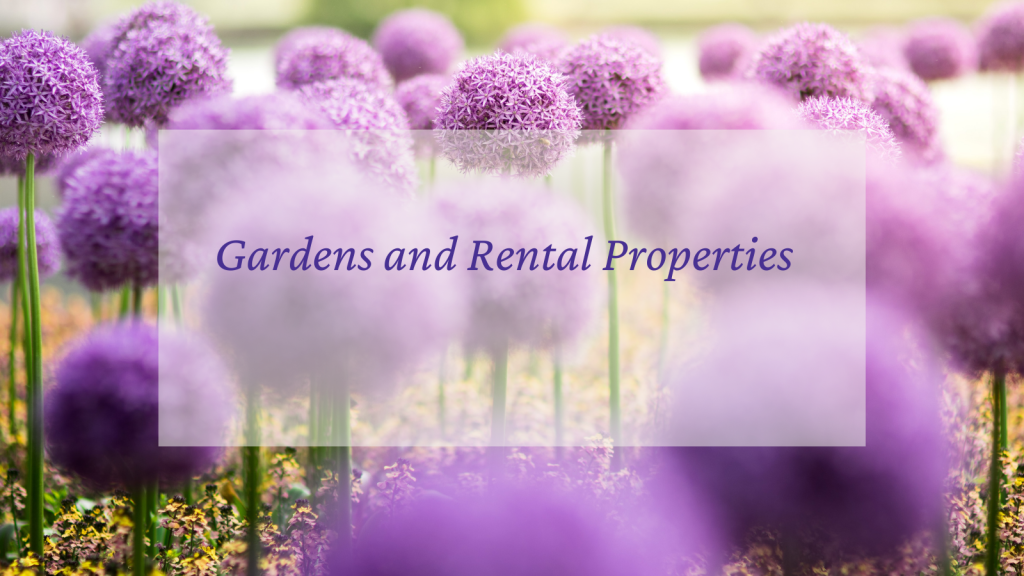A gorgeous garden is a real asset to a property for both selling and renting. However when it comes to rental properties the upkeep can be an issue. As an owner, if you rent out what was once your own home, and your new tenants don’t have much of a green thumb, it can be upsetting to see your garden fall into a neglected state.
So who is responsible for garden maintenance in rental properties?
Under the Residential Tenancies Act in NSW tenants are responsible for routine garden maintenance such as watering, mowing and weeding however when it comes to trimming trees and the removal of any dead or fallen branches this will generally be the responsibility of the landlord.
Some tenants love to garden and you may find that your garden improves over time, however this can also go the other way. Your tenants may love enjoying the garden but may not have the skills or the know-how when it comes to maintaining your garden. Even with the best intentions something as simple as cutting the grass too short or not mowing often enough can leave your lawn looking rather sad. It may take a lot of time and effort to bring your lawns and gardens back to their former glory.
So while basic garden maintenance may technically be your tenants responsibility, it may be wise to include a regular mowing service and gardening as part of the weekly rent. If your investment property has hedges or manicured gardens, we would definitely recommend booking a professional service at least twice per year – or even quarterly. We are always happy to help you arrange these services, whether regular or ongoing.
Preparing your garden for rent
If you have plenty of time to plan and you know that in the future you will be renting out your home, it’s worthwhile spending some time considering the plants in your garden. Go for drought resistant plants that are not too spiky. If you end up renting to a family, spiky plants and kids are not always a winning combination!
When planning your garden it’s a good idea to make maintenance as easy and low cost as possible. Generally hardy species that are not too vigorous growers will be most practical, after all you don’t want one plant to end up taking over the whole garden, or require serious pruning too frequently.
Avoiding Problems
In our experience documenting the state of the garden at the beginning of the tenancy and communicating expectations clearly is key to avoiding confusion or problems.
Part of our role as Property Managers is to undertake regular inspections and be proactive about maintaining all parts of your investment property, including the garden!
If you need advice on how to resolve tenant and landlord issues contact our team today.


